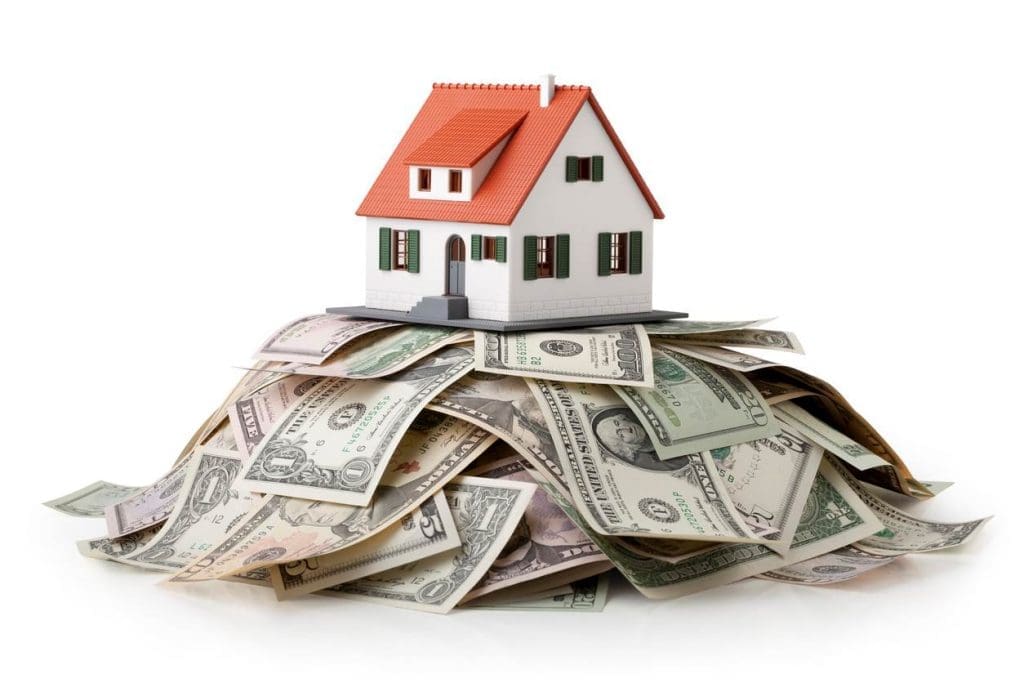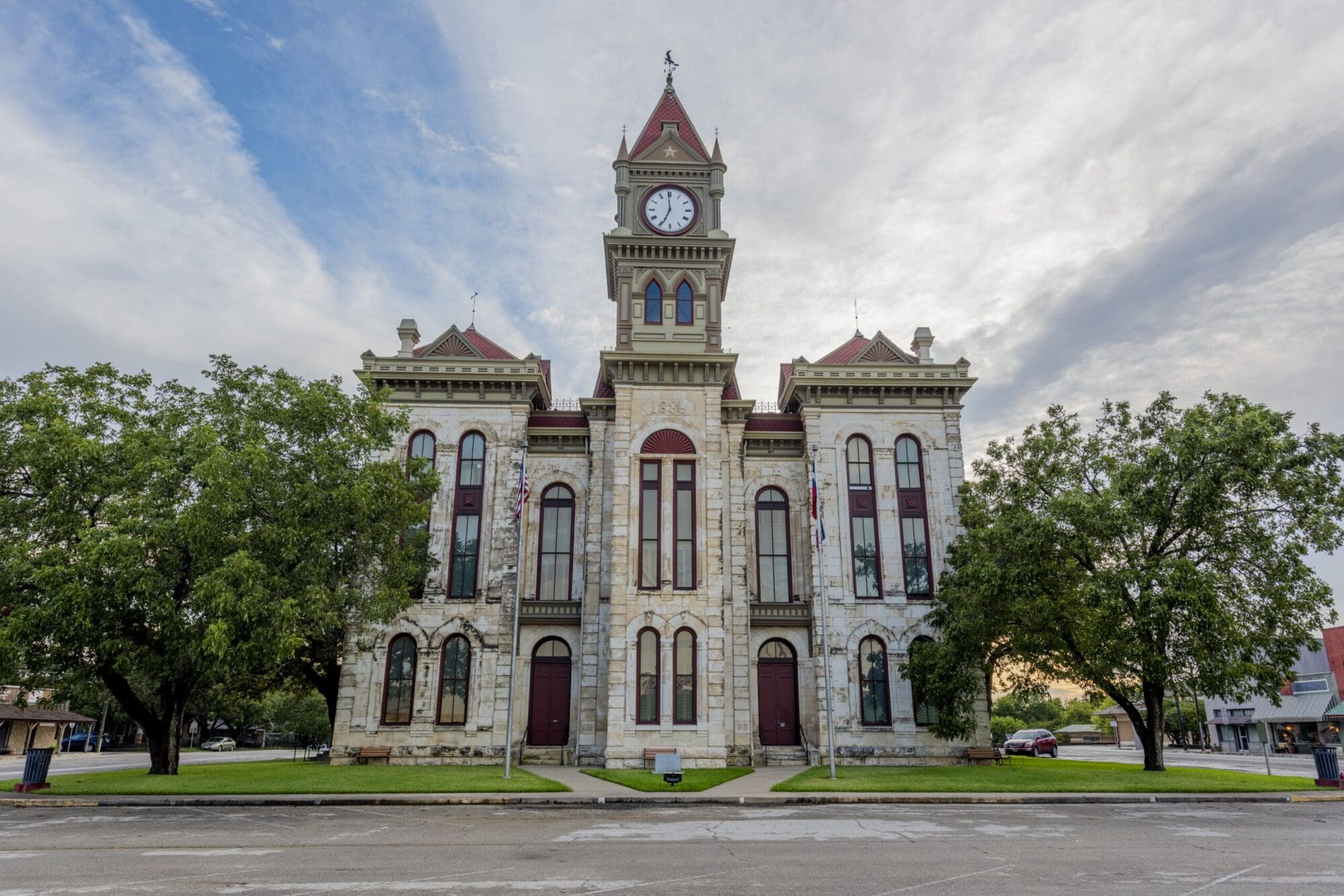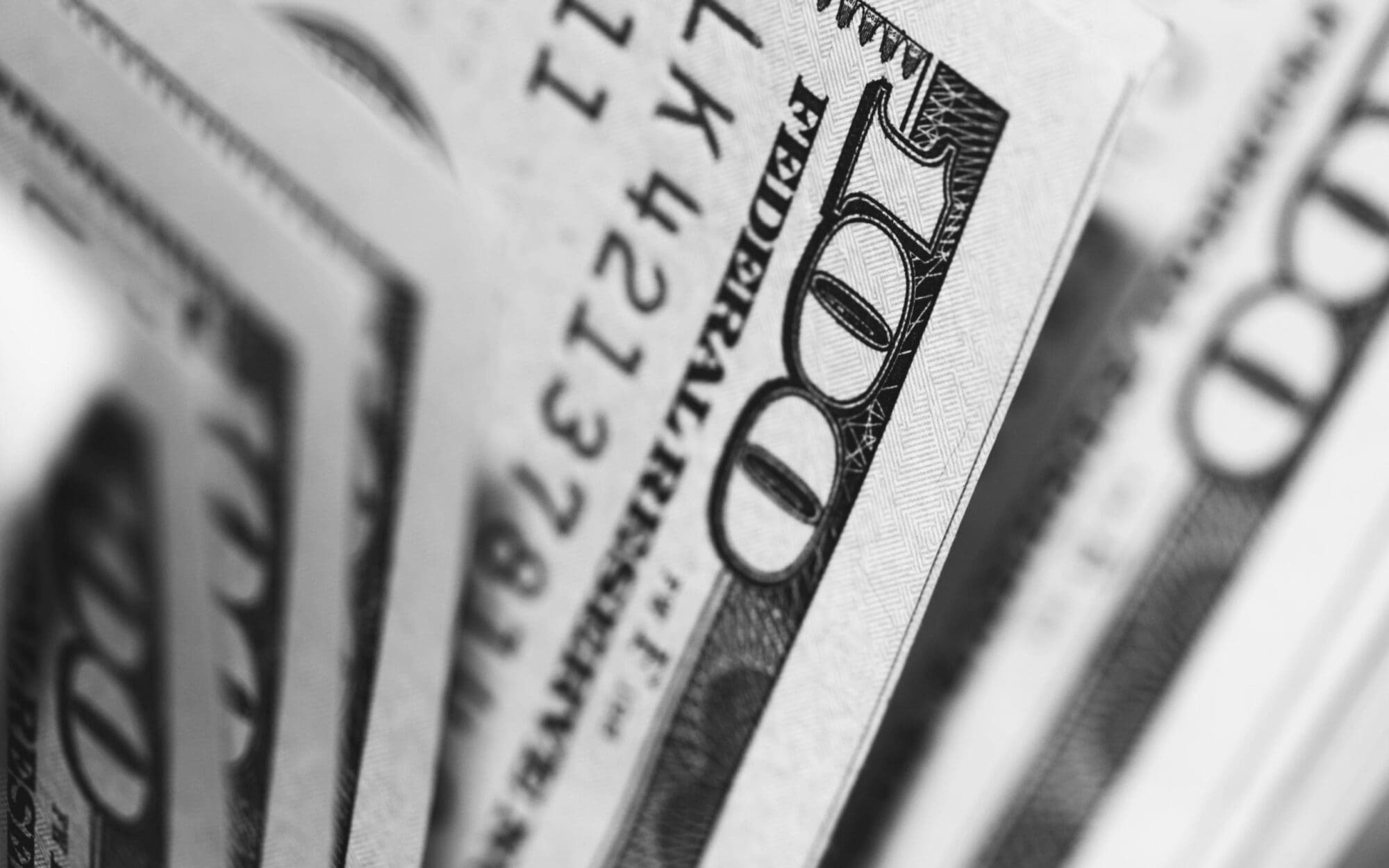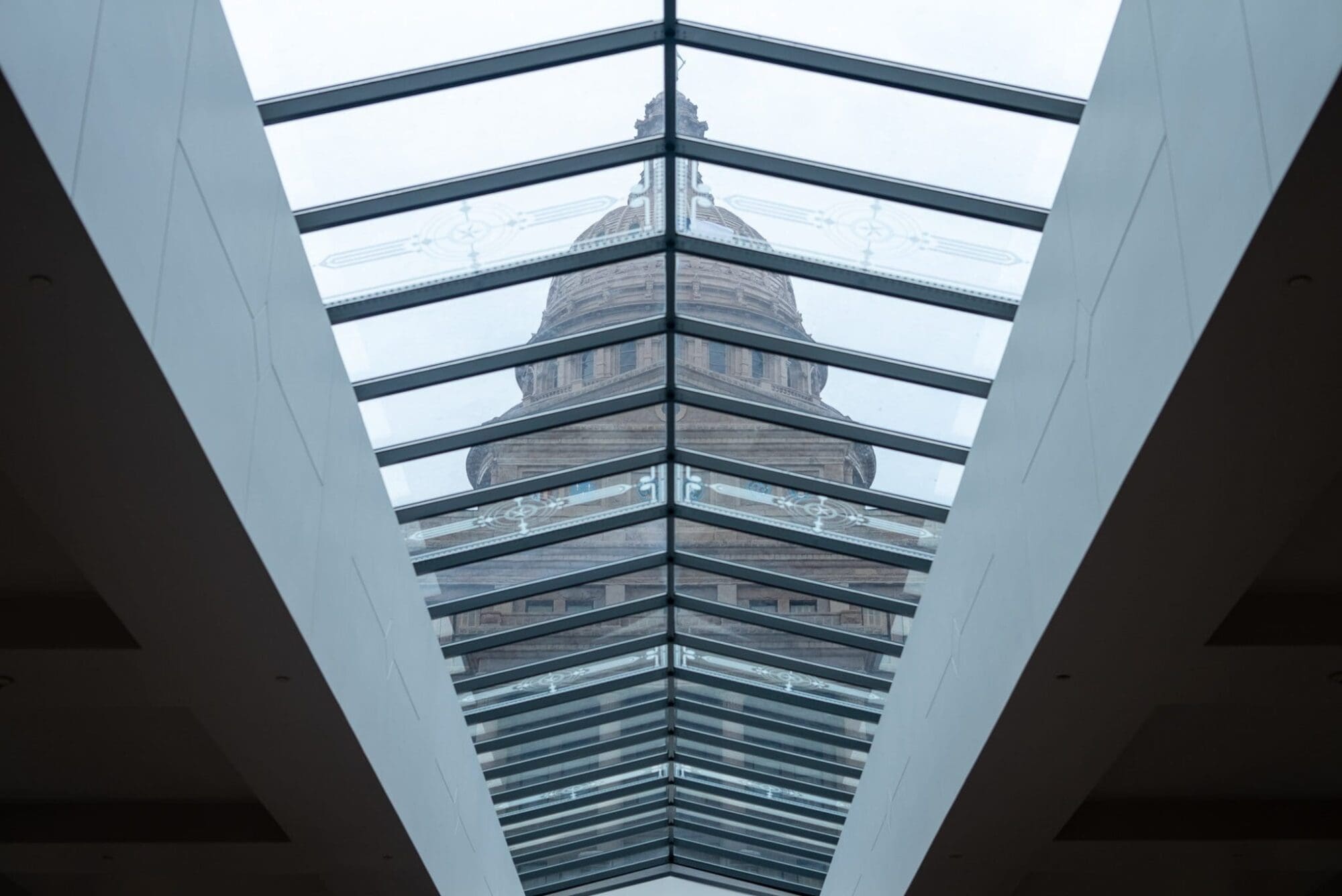Monday morning, State Comptroller Glenn Hegar released the Biennial Revenue Estimate (BRE). Because the Texas Constitution requires a balanced budget, this estimate will set a total spending cap for the legislature as it comes into session this week.
Hegar expects that Texas will have $113 billion available for general purpose spending, an estimate much rosier than most expected with declining oil prices. His revenue estimate projects sales tax revenues to increase by 8.9 percent.
With oil and gas comprising a large portion of the state’s economy, the price of oil has a definite impact in the Lone Star State. The Comptroller estimated a 14.3 percent drop in oil production and regulation taxes.
“Dropping oil prices will lead to significant slowing of Texas economy, but we are still expecting moderate growth,” said Hegar.
The current price of $46 per barrel is already slowing things down in Texas. Saudi Arabia and OPEC seem to be content to keep it that way.
In estimating revenues, Hegar projects oil prices for 2015 will average $64 per barrel and an increase to $70 in 2016-17. As indicated by State Rep. Matt Schaefer (R-Tyler), those projections are less than the Legislative Budget Board estimated $85.88 and $90.78 respectively, but still higher than most industry experts expect.
Oil prices will affect all state revenues, but their impact will be felt most harshly in the Economic Stabilization Fund, also known as the rainy day fund. After the passage of Proposition 1 in November, the State Highway Fund will also be affected.
Hegar’s estimate provides less revenue going into the fund which had a $7 billion dollar floor set in December. Lawmakers estimated then that $1.7 billion would be available to transfer to the State Highway Fund in the first year, however, Hegar’s BRE estimates that only $1.2 billion will be available.
Tax relief, a priority for incoming Lt. Gov Dan Patrick and many others in the state legislature, should be bolstered by the news. Just last week, State Sen Paul Bettencourt told the Statesman that he was eyeing cuts to the franchise tax as well as property taxes, but that oil prices could make such cuts “difficult.”
“The question will be just how large,” he said. “You know—how big of an idea can be paid for.”
The Comptroller’s estimate provides a significantly larger window than many were expecting.





